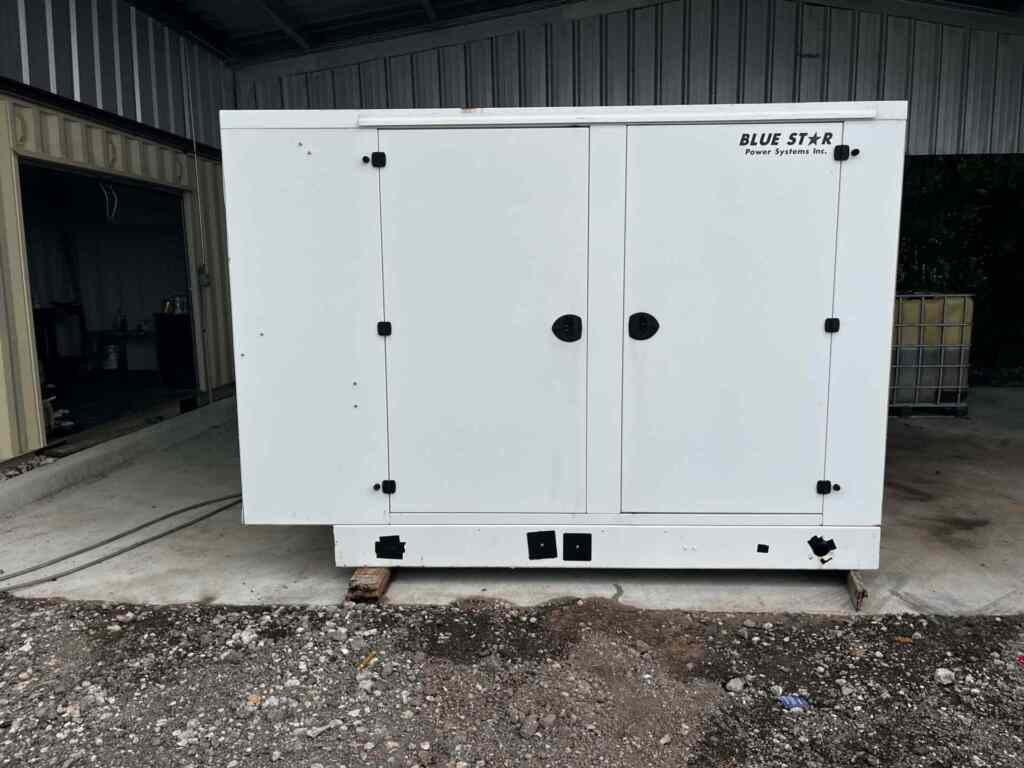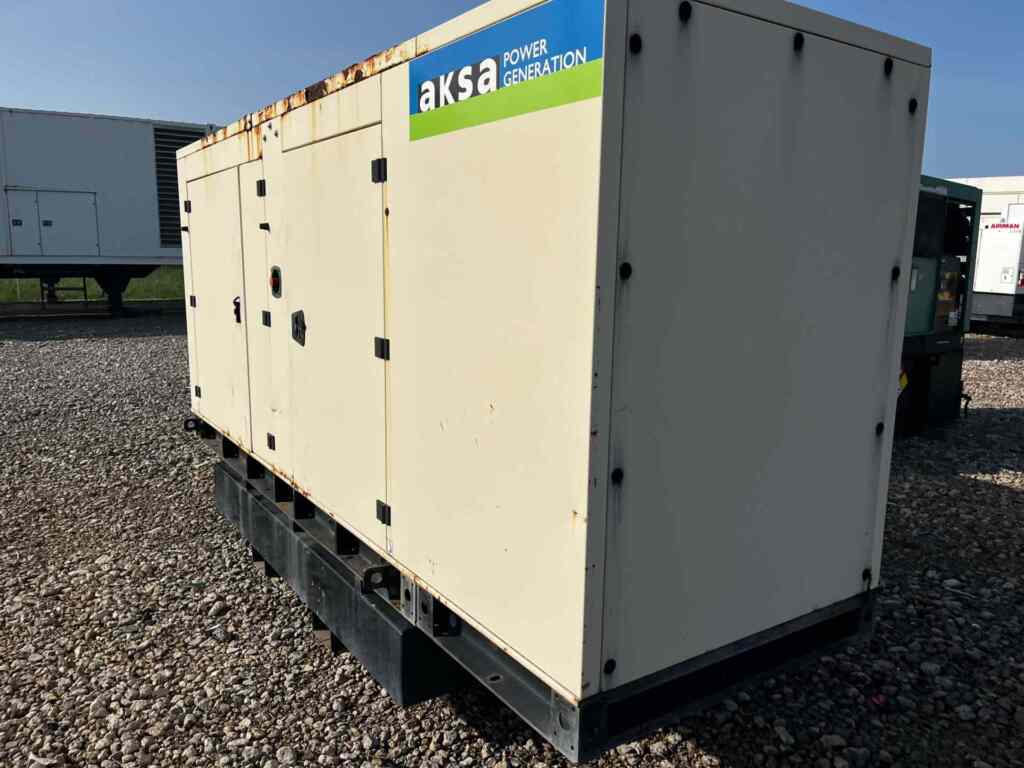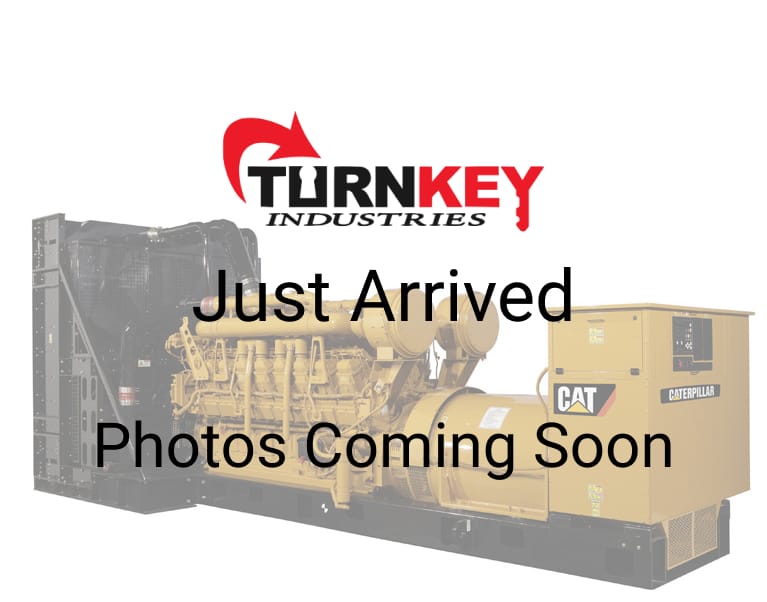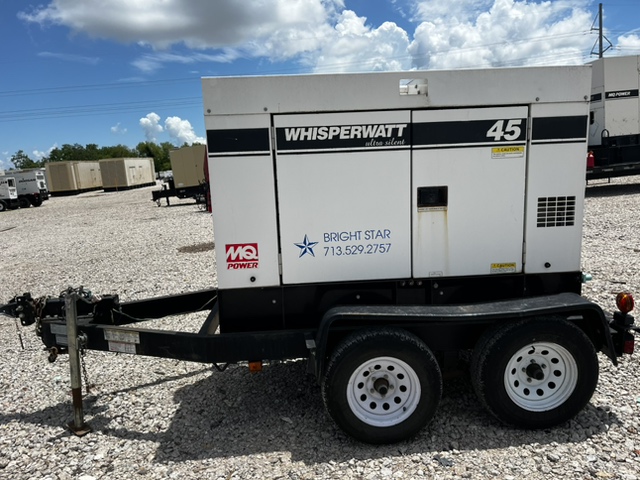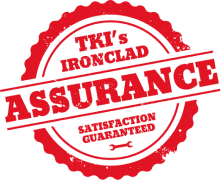Over the last decade, industrial generators have undergone a huge transformation. Driven by environmental concerns and reliability demands, new models now offer improved efficiency and reduced emissions. Smart systems and alternative fuels are now standard features. These advancements position generators as key players in corporate sustainability efforts, balancing power needs with environmental responsibility.
The Fundamentals of Generator Operation
Understanding how an industrial generator works is critical for businesses that rely on these power systems. At its core, a generator converts mechanical energy into electrical energy through a process involving several key components:
- Engine: Provides the mechanical energy to power the generator.
- Alternator: Transforms mechanical energy into electrical energy for use.
- Fuel system: Delivers fuel to the generator’s engine.
- Voltage regulator: Maintains stable output voltage during use.
- Cooling and exhaust systems: Control heat and emissions when a generator is running.
- Control panel: Oversees and manages all facets of a generator’s operation.
When engaged, the engine powers the alternator to generate electricity. This fundamental principle of how industrial generators work remains unchanged, but recent innovations focus on boosting efficiency and lowering environmental impact. These improvements directly contribute to the sustainability of industrial power generation, enhancing the overall performance of modern industrial generators.
Load Banks Boost Generator Reliability and Efficiency
Load banks play a critical role in maintaining generator health and optimizing performance. These devices simulate electrical loads, allowing operators to test generators under various conditions without the risk of disrupting critical systems. Key benefits of using load banks include:
- Preventing wet-stacking in diesel generators;
- Verifying generator capacity and performance;
- Identifying potential issues before they become critical; and
- Ensuring generators can handle peak loads when needed.
Modern load bank testing procedures have been refined to maximize efficiency while minimizing unnecessary fuel consumption and emissions. This approach aligns with broader sustainability efforts while also ensuring generator reliability.
Fuel Considerations and Diesel Longevity for Generators
Diesel fuel stability is a significant concern for generator operators, particularly for standby units that may sit idle for extended periods. The question “Does diesel go bad?” is common, and the answer is yes, but the timeline and implications vary based on several factors:
- Storage conditions: Temperature, humidity, and container quality affect fuel longevity.
- Fuel quality: Higher-grade diesel tends to have a longer shelf life.
- Additives: Stabilizers can extend diesel’s usable life when stored properly.
- Biodiesel content: Higher biodiesel percentages may reduce shelf life during storage.
Typically, diesel fuel can remain viable for 6-12 months under optimal conditions. However, to ensure reliability and reduce waste, generator operators should implement fuel management strategies, including:
- Regular fuel testing and filtering;
- Fuel polishing services to remove contaminants;
- Scheduled fuel replacement or rotation; and
- Use of fuel stabilizers when appropriate.
Sustainability Innovations in Generator Technology
As environmental concerns take center stage, generator manufacturers are implementing various innovations to improve sustainability:
Improved Fuel Efficiency
Modern generators incorporate advanced engine designs and control systems to optimize fuel consumption. This not only reduces operating costs but also minimizes carbon emissions per kilowatt-hour generated.
Alternative Fuel Options
While diesel remains popular due to its energy density and reliability, manufacturers are expanding options for alternative fuels:
- Natural gas generators: These generators offer lower emissions and potentially lower fuel costs over time.
- Biodiesel-compatible engines: These generators allow users to take advantage of renewable fuel sources and meet sustainability goals.
- Hydrogen fuel cell technology: This new, emerging technology promises zero-emission operation of compatible generators.
Exhaust After-treatment Systems
To meet stringent emissions regulations, generators now often include sophisticated exhaust treatment technologies:
- Selective Catalytic Reduction (SCR) to reduce NOx emissions;
- Diesel Particulate Filters (DPF) to capture soot and particulate matter; and
- Oxidation catalysts to reduce carbon monoxide and hydrocarbon emissions.
Smart Control Systems
Advanced control systems optimize generator operation, reducing unnecessary runtime and improving overall efficiency. These systems can:
- Predict maintenance needs, reducing downtime and waste;
- Optimize load management across multiple generator sets; and
- Integrate with renewable energy sources for hybrid power solutions.
Electric Generators (E-Generators): Silent and Emission-Free Power
Electric generators, or e-generators, are emerging as a sustainable alternative in various industries, particularly where noise and emissions are concerned. Key features include:
- Silent operation, ideal for noise-sensitive environments;
- Zero direct emissions, improving air quality; and
- Reduced maintenance compared to traditional generators.
Case Study: In film production, replacing a diesel generator with a Portable Electric Voltstack e-generator resulted in:
- 9,000 lbs of CO2 emissions avoided;
- Significant fuel cost savings; and
- Enhanced on-set operational efficiency.
E-generators demonstrate how innovative power solutions can meet industrial needs while advancing sustainability goals. As battery technology improves, these units are becoming increasingly viable for a wider range of applications.
Emerging Sustainable Generator Technologies
- Hydrogen Generators: Produce zero-emission electricity using green hydrogen. Example: GeoPura’s 250 kW Hydrogen Power Units (HPUs).
- Biodiesel Generators: Run on renewable fuel, significantly reducing particulate matter and greenhouse gas emissions compared to traditional diesel.
- Electric Generators (E-Generators): Provide silent, emissions-free power. Case study: Portable Electric’s Voltstack avoided 9,000 lbs of CO2 emissions in film production.
These technologies offer substantial environmental benefits and are increasingly adopted across various industries, from construction to film production.
Maintenance Practices for Sustainable Generator Operation
Proper maintenance is the key to ensuring generator efficiency and longevity, which in turn supports sustainability goals. Vital maintenance practices include:
- Regular inspections and preventive maintenance;
- Timely replacement of filters and fluids;
- Proper load management to prevent wet-stacking and carbon buildup;
- Monitoring and addressing fuel quality issues; and
- Upgrading older systems with more efficient components when possible.
Integrating Generators with Renewable Energy
Businesses are increasingly combining industrial generators with renewable energy sources to enhance sustainability and reliability. Here’s an overview of key integrations and their benefits:
| Integration Type | Description | Key Benefits |
| Solar-diesel hybrid | Combines photovoltaic panels with diesel generators. | Reduced fuel consumption, lower emissions. |
| Wind-diesel system | Utilizes wind turbines alongside generators. | Ideal for remote locations, reduced fuel dependency. |
| Battery storage | Incorporates energy storage with generators. | Optimized generator use, maximized renewable utilization. |
| Microgrid solutions | Creates localized power systems. | Seamless switching between sources, improved resilience. |
These integrated solutions offer reduced carbon footprints, lower operational costs, improved energy security, and regulatory compliance. As technology advances, hybrid systems are becoming more accessible to businesses of all sizes, paving the way for a sustainable and reliable energy future.
Turnkey Industries Leads in Sustainable Generator Solutions
Turnkey Industries offers a wide range of industrial generators that balance performance with sustainability. With over a decade of experience, we provide expert guidance in selecting, maintaining, and optimizing generators for various applications. Our inventory features low-hour, high-efficiency units from top manufacturers.
Our team understands the critical balance between power reliability and environmental responsibility. We have the expertise to support your power system needs, from new installations to pre-owned and refurbished equipment.
For sustainable power solutions, contact Turnkey Industries at call 713-823-0890 or visit our website. Let’s power your future efficiently and responsibly.
 Turnkey Industries offers a variety of high-capacity
Turnkey Industries offers a variety of high-capacity 